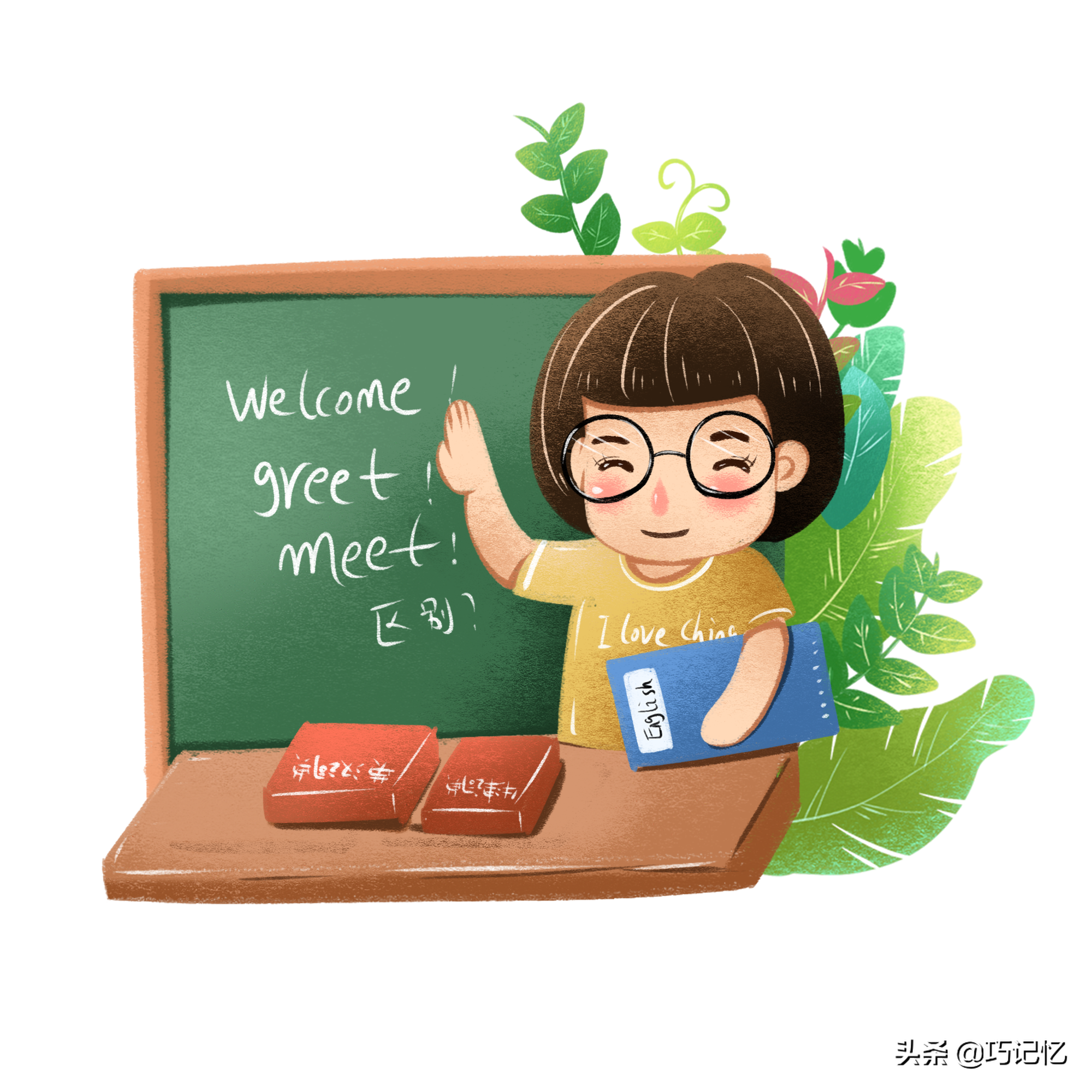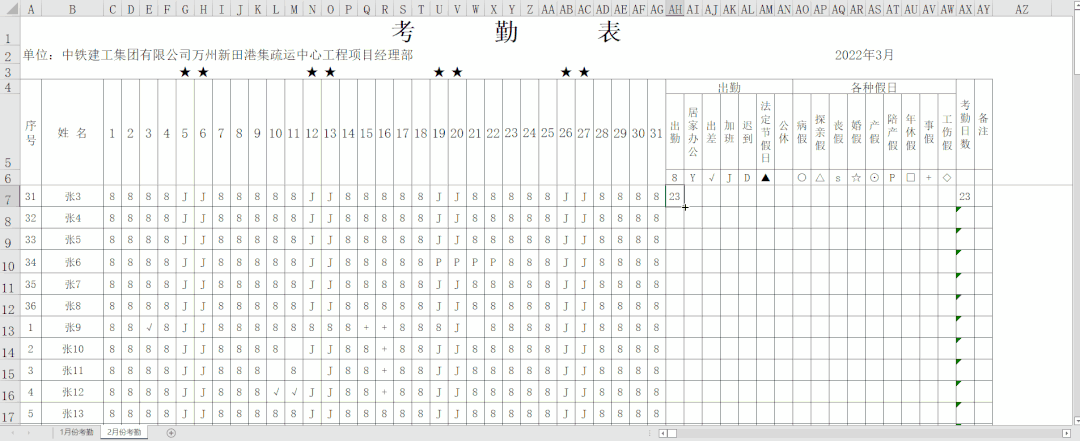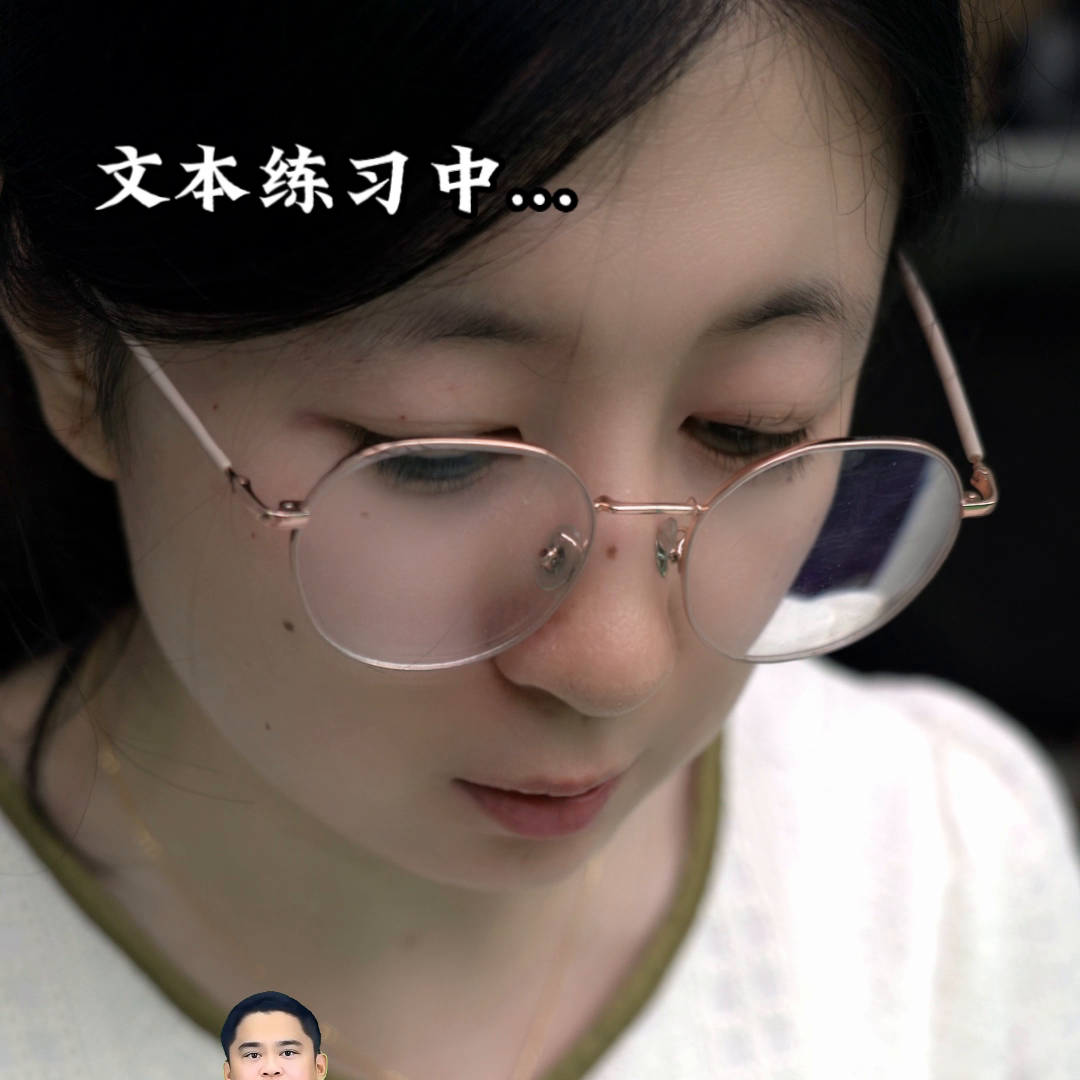记忆力训练课程有用吗,「国际课程」A-level 心理学重要知识点:短期记忆中的遗忘
Forgetting in Short-Term Memory
短期记忆中的遗忘

Decay in STM STM中的衰变
Trace decay theory in STM relates to theories of Duration in STM.
STM的痕迹衰减理论与STM的持续时间理论有关。
The theory suggests STM can only hold information for between 15 and 30 seconds unless it is rehearsed Brown & Peterson (1959). After this time the information Decays (fades away). Waugh & Norman (1965) used the Serial Probe Technique to test the theory.
该理论认为,STM只能保持15至30秒的信息,除非它是排练的布朗和彼得森(1959年)。在这段时间之后,信息就会衰减(消逝)。Waugh & Norman (1965)使用序列探针技术来测试该理论。
Participants were given a series of numbers to learn. They were then given one of the numbers and asked which number followed it. For example; participants were given the Probe word 7 and asked what followed it, the answer is 3.
参与者被给予一系列的数字来学习。然后给他们其中一个数字,问他们后面是哪个数字。例如,参与者被给予探询词7,并问后面是什么,答案是3。
The numbers were presented at different speeds therefore the faster the numbers presented the better the recall if Trace Decay theory is correct as the more likely the information is to remain in the STM.
这些数字以不同的速度呈现,因此,如果跟踪衰减理论是正确的,那么数字呈现的速度越快,记忆就越好,因为信息越有可能保留在STM中。
The results did not support the theory. This research employed the laboratory experiment and its validity can therefore be questioned.
结果并不支持这一理论。这项研究采用了实验室实验,其有效性因此受到质疑。

Displacement in STM 移位的STM
The idea of displacement in STM causing forgetting relates to the Capacity of STM as proposed by Miller (1956). It simply suggests that if the capacity of STM is limited to 7 plus or minus 2 items or chunks of information then STM is full then some of that information must be kicked out or displaced in order for new information to enter.
在STM的位移导致遗忘的想法与米勒(1956)提出的STM的容量有关。它简单地表明,如果STM的容量被限制在7加或2减的项目或信息块,那么STM是满的,那么一些信息必须被踢出或转移,以使新的信息进入。
Retrieval Failure in LTM LTM中的检索失败
This theory suggests that all information received is stored in LTM but that some information is difficult or impossible to access.
这一理论认为,所有收到的信息都储存在LTM中,但有些信息很难或不可能被获取。
This idea is characterised by the Tip-of-the-Tongue Effect (TOT) where we know something but just cannot recall it. Retrieval of such information is thought to be dependent on three factors 这一观点的特点是舌尖效应(TOT),即我们知道一些东西,但就是想不起来。这种信息的检索被认为取决于三个因素 :
Firstly Context-Dependent Retrieval which suggests that recall of information depends on replicating the situation or context in which that information was originally encoded.
Godden & Baddeley (1975) provided evidence for this by asking participants to learn a list of words either on land or 15 ft underwater. They were better able to recall words if asked to do so in the setting in which they originally learnt them.
首先是情境依赖性检索,这表明对信息的回忆取决于复制信息最初被编码的情况或环境。
Godden和Baddeley(1975)通过要求参与者在陆地上或水下15英尺处学习一串单词,提供了这方面的证据。如果让他们在最初学习的环境中回忆单词,他们会有更好的能力。
Secondly, State-Dependent Retrieval suggests that recall is improved if the individual is in the same physical and/or psychological state as when they first learnt the information.
Godwin (1969) investigated the effect of alcohol on recall and found individuals were better able to recall information learnt when drunk if they were drunk. Other drugs seem to affect memory similarly. Bower (1981) however found that the same principle applied to mood did not have such a convincing effect but only a tendency to produce State-Dependent Retrieval.
第二,状态依赖性检索表明,如果个人处于与最初学习信息时相同的身体和/或心理状态,那么记忆会得到改善。
戈德温(1969)调查了酒精对回忆的影响,发现如果个人喝醉了,就能更好地回忆起喝醉时学到的信息。其他药物似乎也会对记忆产生类似的影响。然而,鲍尔(1981)发现,同样的原则应用于情绪并没有这样令人信服的效果,而只是倾向于产生依赖状态的检索。
Thirdly, recall may be by the presence of cues or probes, clues or associations. This is referred to as Cue-Dependent Retrieval, Tulving & Pearlstone (1966).
第三,回忆可能是由线索或探针、线索或联想的存在。这被称为 "线索依赖检索"(Cue-Dependent Retrieval),Tulving & Pearlstone(1966)。

Interference in LTM LTM中的干扰
This idea suggests that information in LTM may become confused or combined with other information during encoding thus distorting or disrupting memories.
这个想法表明,LTM中的信息在编码过程中可能会被混淆或与其他信息结合,从而扭曲或破坏记忆。
Interference in LTM is thought to be either proactive where old memories disrupt new memories or retroactive where new memories disrupt old memories. Both Proactive and Retroactive Interference is thought to be more likely to occur where the memories are similar, for example: confusing old and new telephone numbers.
LTM中的干扰被认为是主动的,即旧的记忆扰乱新的记忆,或追溯性的,即新的记忆扰乱旧的记忆。主动和追溯性干扰被认为更有可能发生在记忆相似的地方,例如:混淆新旧电话号码。
McGeoch (1932) tested these ideas using laboratory experiments involving lists of single words or binary associations. The findings therefore can be criticised for their ecological validity including demand characteristics and representativeness thus making generalisations impossible.
McGeoch(1932)用涉及单字列表或二进制关联的实验室实验来测试这些想法。因此,这些发现可以被批评为其生态学的有效性,包括需求特征和代表性,从而使一般化成为不可能。
Flashbulb Memories 闪光灯下的回忆

Flashbulb memories involve the vivid recall of what individuals were doing when a major event occurred. This event may be a public or a private occurrence.
闪光记忆包括生动地回忆个人在一个重大事件发生时正在做什么。这个事件可能是一个公共的或私人的事件。
Describe what you were doing when you heard that Princess Diana had died.
描述一下当你听说戴安娜王妃去世时,你正在做什么。
Is the memory vivid and distinct in time? 这段记忆在时间上是否生动而鲜明?
Brown & Kulik (1977) asked people a series of questions about 10 major events. Participants remembered where they were, what they were doing and the emotional impact it had. These memories may be seen as 'special' and are thought to involve special brain mechanisms.
Brown & Kulik (1977)就10个重大事件向人们提出了一系列的问题。参与者记得他们在哪里,他们在做什么,以及它所产生的情感影响。这些记忆可能被视为 "特殊",并被认为涉及特殊的大脑机制。
Rubin & Kozin (1984) showed that flashbulb memories are particularly powerful for personal events, such as love at first sight.
Rubin & Kozin (1984)表明,闪电记忆对个人事件特别有力,例如一见钟情。
Ask your mother/father about your birth or onset of labour? 问你的母亲/父亲关于你的出生或开始分娩的情况?
McCloskey (1988) suggested that flashbulb memories are as prone to forgetting as ordinary memories.
McCloskey(1988)提出,闪电记忆和普通记忆一样容易被遗忘。
Bohannon (1988) suggested that flashbulb memories are not prone to forgetting when the event produced strong emotional reactions.
Bohannon(1988)认为,当事件产生强烈的情绪反应时,闪光记忆不容易被遗忘。
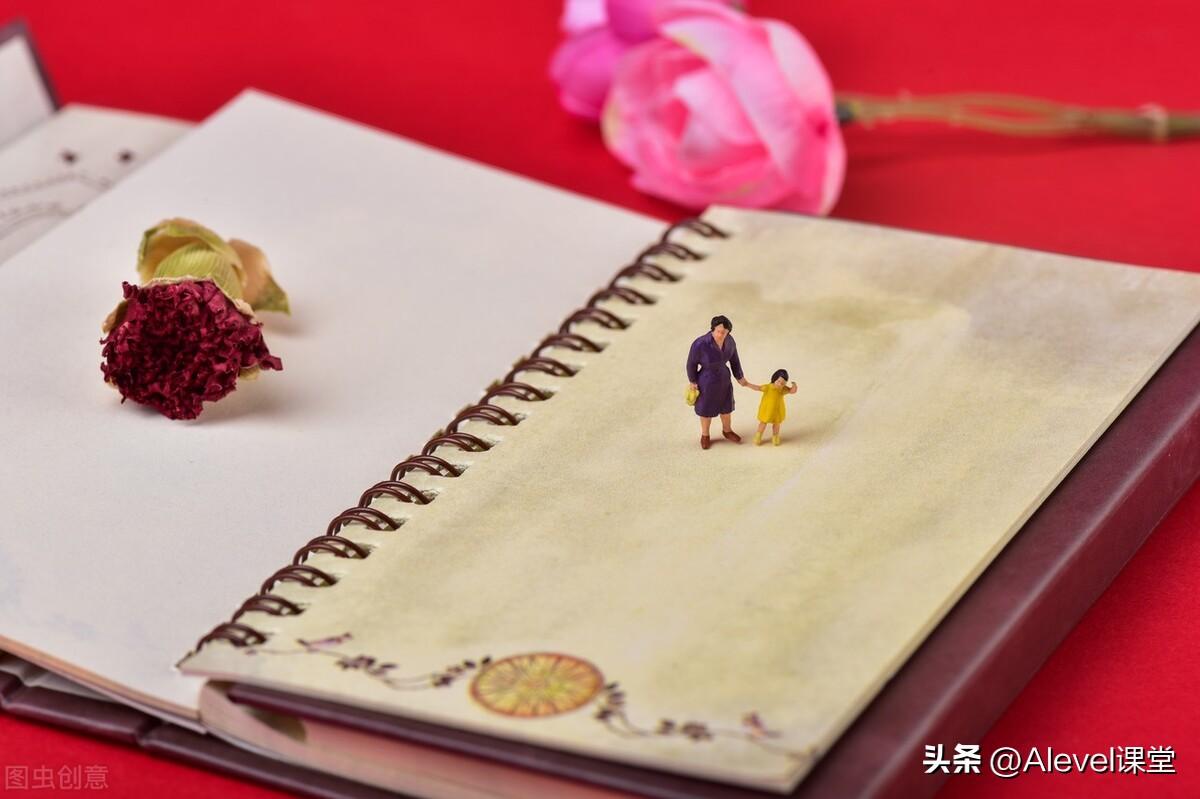
Repression (Freud) 压抑(弗洛伊德)
Repression, according to Freud (1800s) is the unconscious forgetting of traumatic events, feelings, thoughts because they are too painful to remember.
弗洛伊德(19世纪)认为,压抑是对创伤性事件、感觉、思想的无意识遗忘,因为它们太痛苦了,无法记住。
These memories are said to be repressed or 'pushed out' of consciousness into the unconscious and are very difficult to recall. These repressed memories may be the cause of mental abnormality as they express themselves in some other way.
据说这些记忆被压抑或从意识中 "推出 "到无意识中,而且非常难以回忆。这些被压抑的记忆可能是精神异常的原因,因为它们以其他方式表达自己。
There is increasing evidence of repressed memory in cases of childhood sexual abuse. Williams (1994) examined records of young women who had been treated for sexual abuse as children and seventeen years later 38% of them had no conscious recall of the abuse.
越来越多的证据表明,在儿童性虐待的案例中存在着压抑的记忆。威廉姆斯(1994年)检查了年轻妇女的记录,她们在儿童时期因性虐待而接受治疗,17年后,其中38%的人对虐待没有意识的回忆。
Zimbardo (1995) reported the case of Eileen. In 1989 Eileen suddenly remembered the reason for her childhood friend, Susan's, disappearance twenty years earlier. Eileen's father had raped and murdered her. Eileen had repressed this memory due to threats from her father and the understandable trauma it caused. Her father was sentenced to life imprisonment.
津巴布韦(1995)报告了艾琳的案例。1989年,艾琳突然想起了她的童年朋友苏珊在20年前失踪的原因。艾琳的父亲曾强奸并谋杀了她。由于受到父亲的威胁和可以理解的创伤,艾琳一直压抑着这段记忆。她的父亲被判处终身监禁。
Often however repressed memories are difficult to substantiate which has led to the notion of False Memory Syndrome (Pynoos & Nader 1989) where recall of so-called repressed memories may be false although real to the person remembering them.
然而,压抑的记忆往往难以证实,这导致了虚假记忆综合症的概念(Pynoos & Nader 1989),在这种情况下,对所谓压抑的记忆的回忆可能是虚假的,尽管对记忆者来说是真实的。
Repression as a theory of forgetting is based on Case Study evidence and therefore is impossible to generalise from or replicate. Case studies are highly subjective and tend to personal and subjective interpretations.
压抑作为一种遗忘理论是建立在案例研究的基础上的,因此不可能对其进行概括或复制。案例研究是高度主观的,倾向于个人和主观的解释。
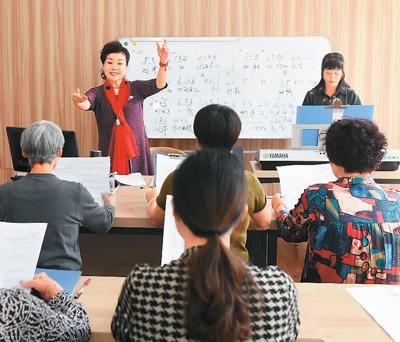
记忆培训加盟项目,收费低廉、课程丰富、靠近社区……老年大学“一座难求”
全国都有哪些记忆力培训,给《罚罪》演技最好的10个演员排名:李幼斌仅第3,程煜略胜一筹
记忆力培训班有用吗,最近在了解早教行业,谁知道BBunion怎么样,是否值得投资加盟?
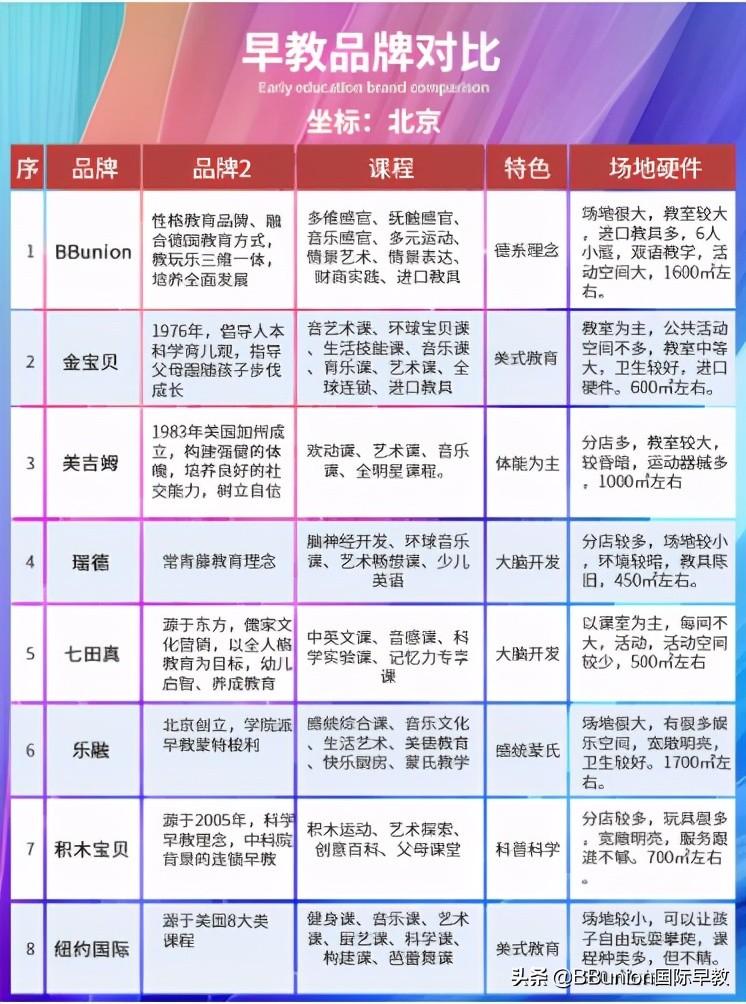
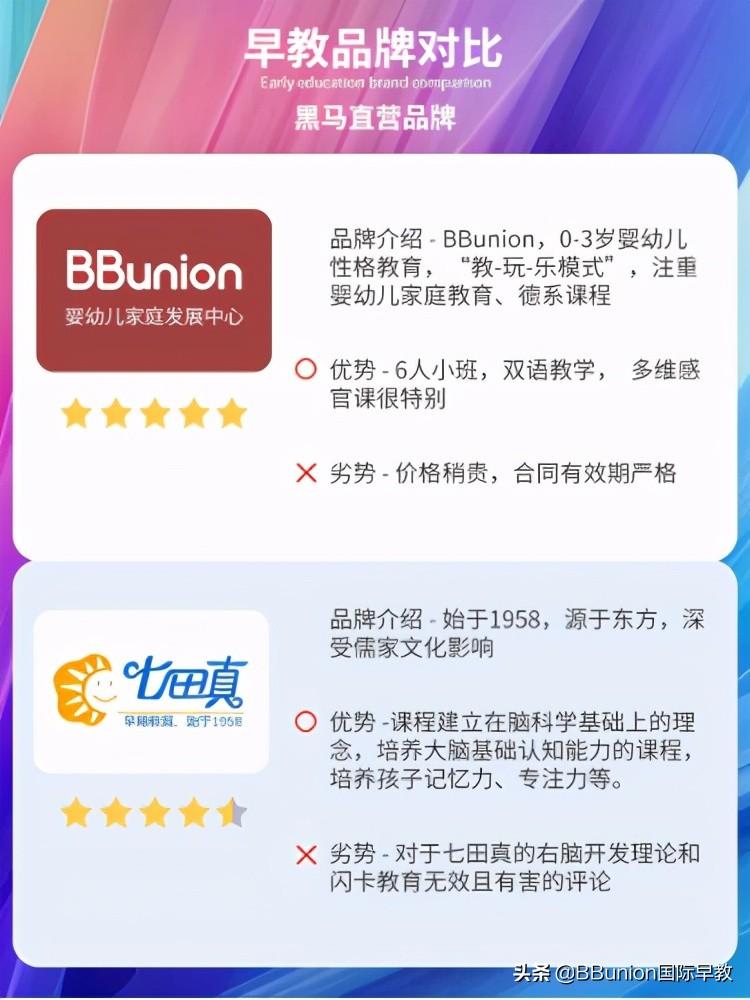
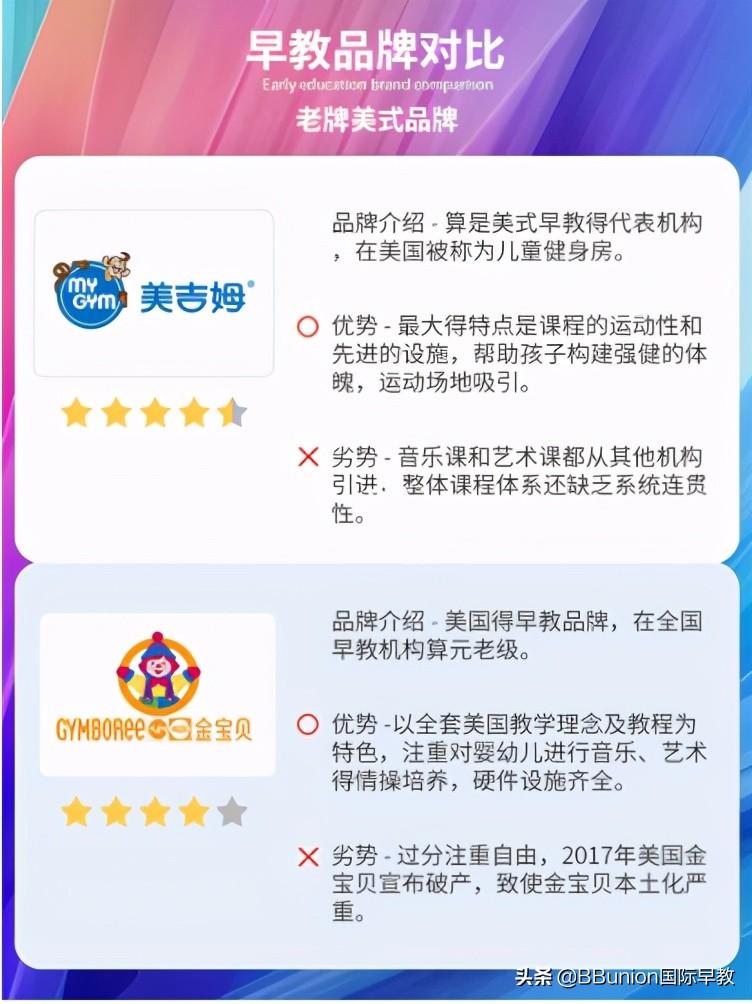
记忆训练课程,树人字训硬笔书法加盟前景好 共享成功将来
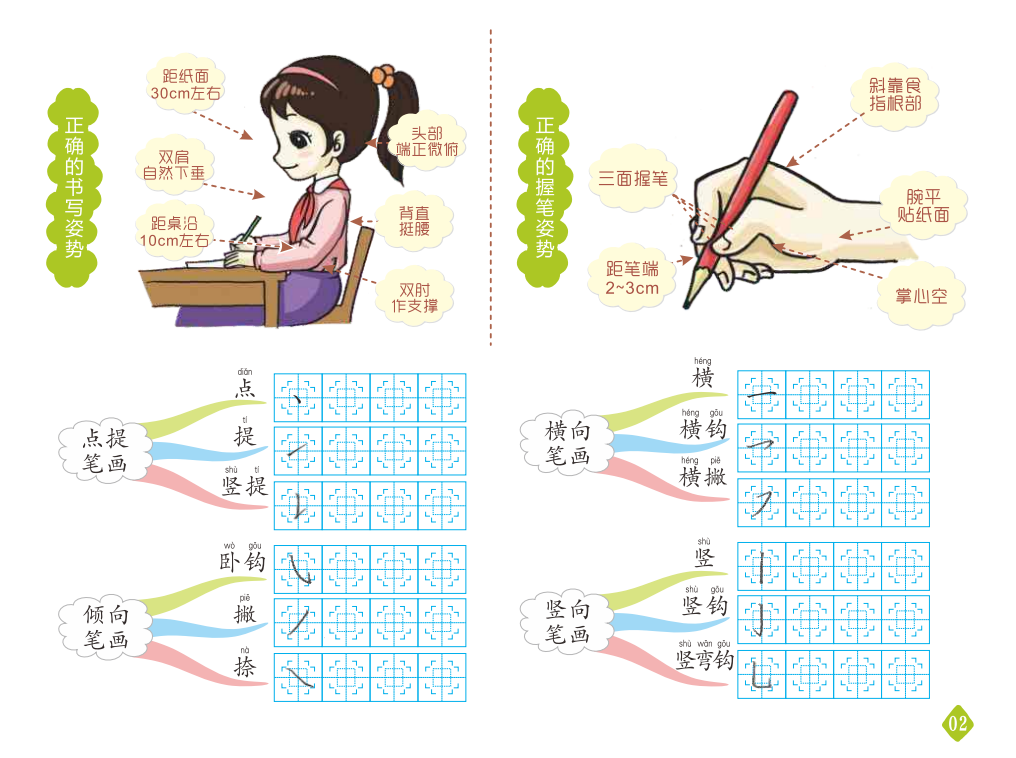
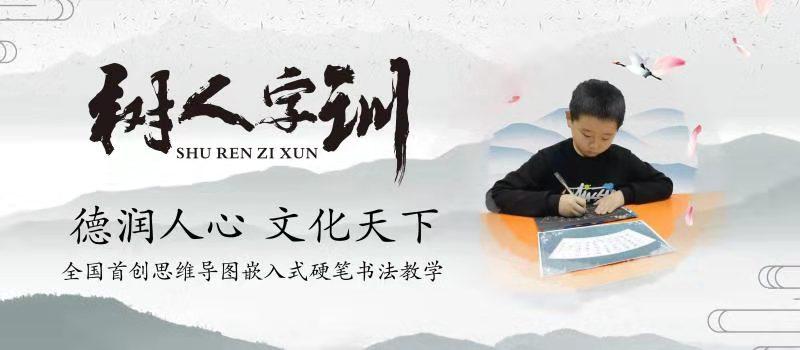
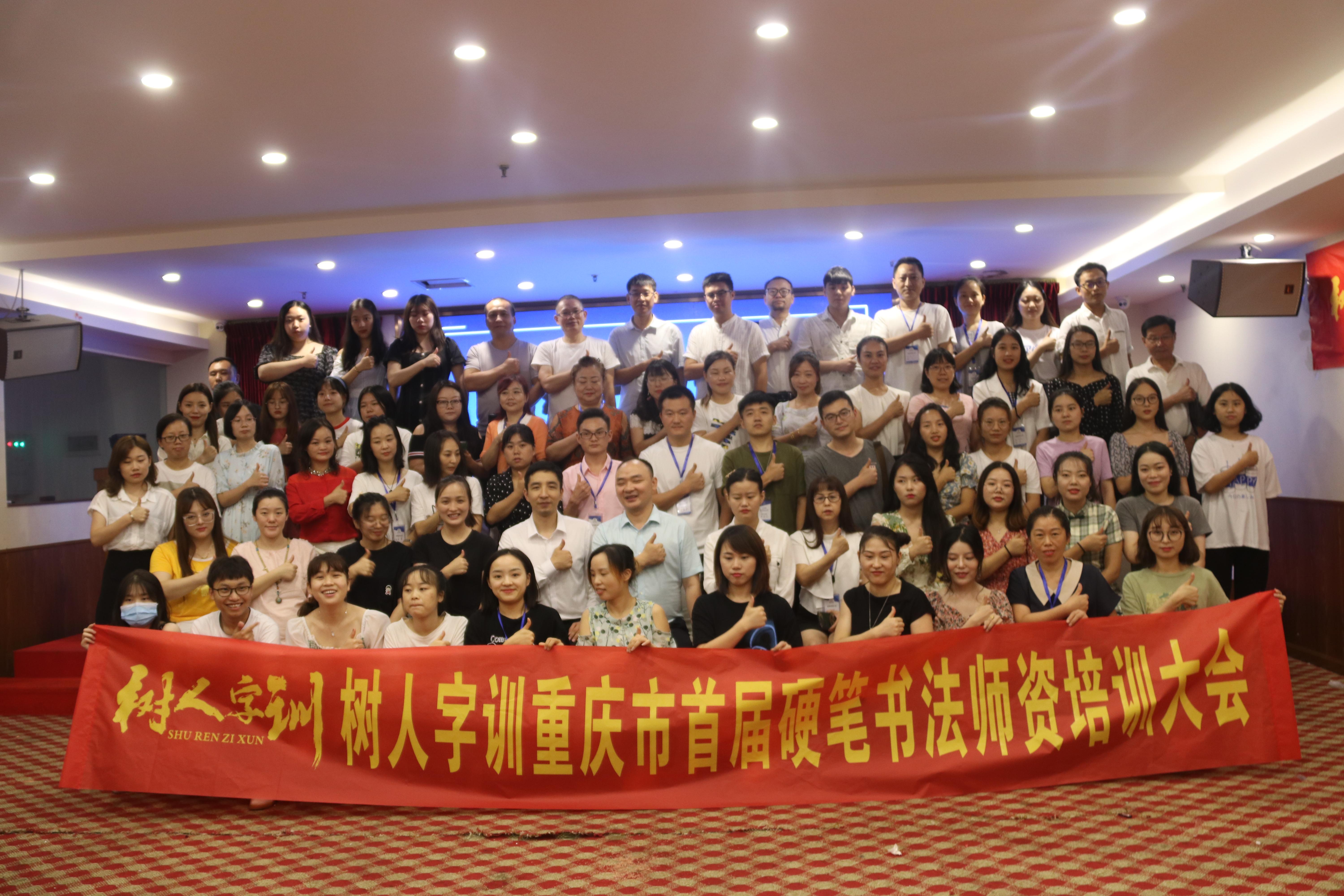
记忆训练课程,除了早晨,这3个时间段孩子记忆力也最佳,父母要多监督孩子学习

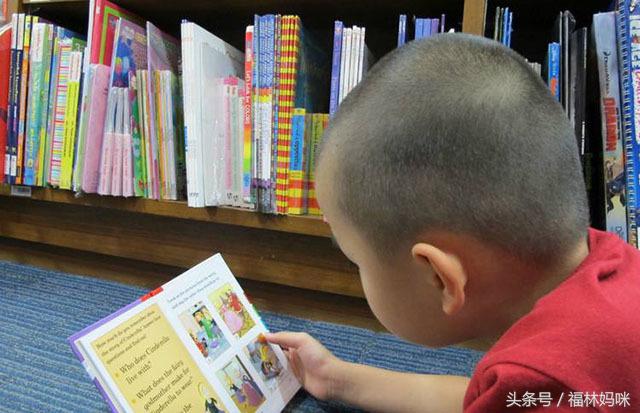

小学生补脑吃什么好记忆力,做好这三点,可以提高孩子记忆力,快速熟记课文

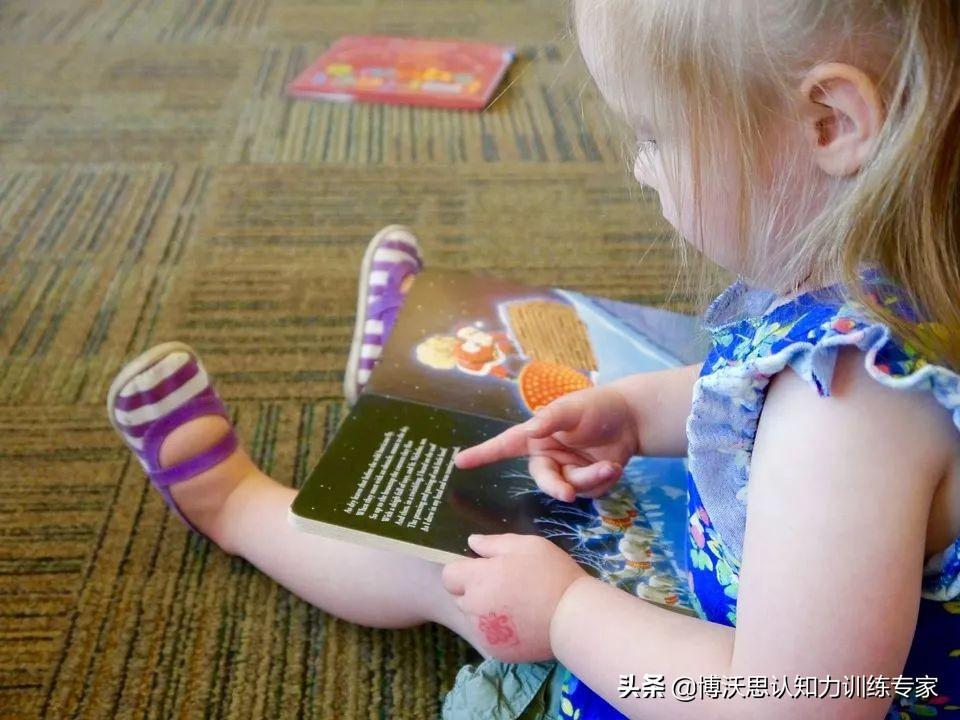
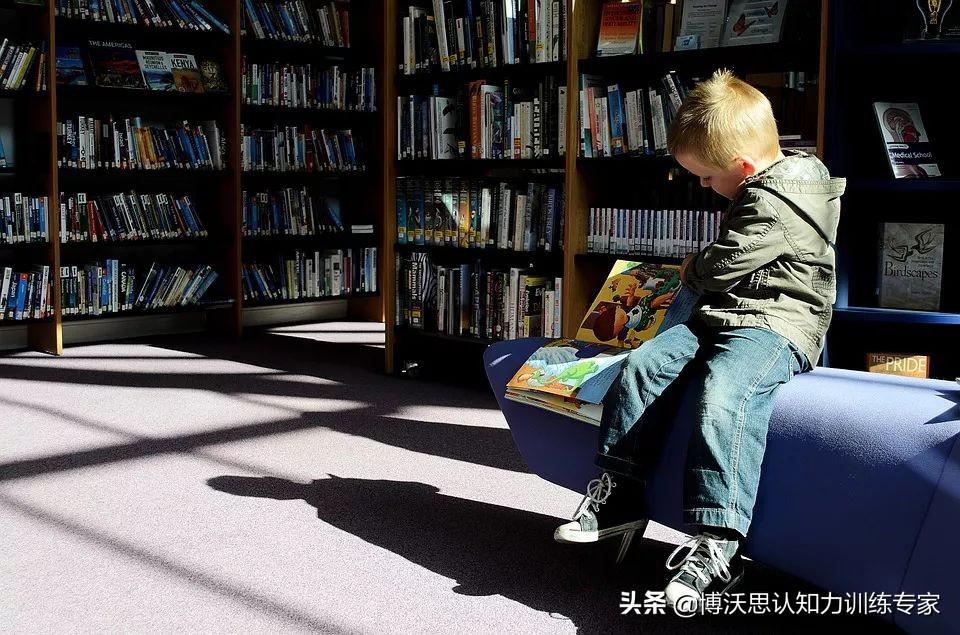
精选推荐
- [记忆方法] 最有效的备考方法,法考如何备考,2021年高考备考:8种高效记忆方法
- [记忆方法] 考前快速大量记忆技巧,最有效的备考方法,考前冲刺:一消备考也要动脑筋,这样记忆方法大多数考生并不知道
- [记忆方法] 怎样快速记忆知识点且记得牢,考前快速大量记忆技巧,会计从业备考不放假,六大归纳记忆法带你飞!
- [记忆方法] 快速记忆方法的小窍门,怎样快速记忆知识点且记得牢,这些记忆方法让你学习、备考的效率大大提升!
- [精品记忆课] 记忆课程有没有效果,记忆力课程,“超强记忆”吸引家长买了课,没上几节校长就失联,41名家长能要回16万余元的培训费用吗?
- [精品记忆课] 最强大脑记忆训练法视频,记忆课程有没有效果,超强记忆系统课_第2节 底层逻辑篇 超强记忆系统课_第2节
- [古诗词记忆] 孩子记忆力差,背书困难怎么办,有什么快速背书的方法,有用的背书方法,快收藏码住吧~
- [记忆方法] 记忆的方法和技巧,记忆宫殿训练方法,技巧:熟记这些顺口溜,轻松记忆历史朝代知识
- [记忆方法] 历史朝代记忆口诀,记忆的方法和技巧,我国历史朝代顺序记忆口诀
- [古诗词记忆] 文科怎么背怎样才能记得住,文科背书怎么背得快又牢固,文科成绩难提高?你需要这12个方法
最新文章
年度爆文
热门标签
随机文章
- 怎样提高记忆力背书,孩子怎样背书才能“过目不忘”?原来方法很简单,重在训练
- 提高记忆力的绝招,忘性大、总比别人慢半拍!学会这4招,轻松提高记忆力
- 记忆训练23个小动作,靠谱 | 记忆力越来越差?学会这30个小动作,让你轻松拥有超人般的记忆力!
- 快速记忆法训练教程,记忆力提高:分享一看就能学会的快速记忆法。简单、易懂
- 世界上最快的记忆法,世界记忆大师:每天练习3个记忆法,记忆力突飞猛进!
- 提高智商的21种方法,21个提高思维方法,拉开同龄人之间的差距
- 国家注意力认证培训师,职业讲师如何经营学员的注意力使得学习效果最佳丨乐训师出品
- 记忆力训练18种方法,简单有效,让你的记忆力开挂的23种方法,你会吗









